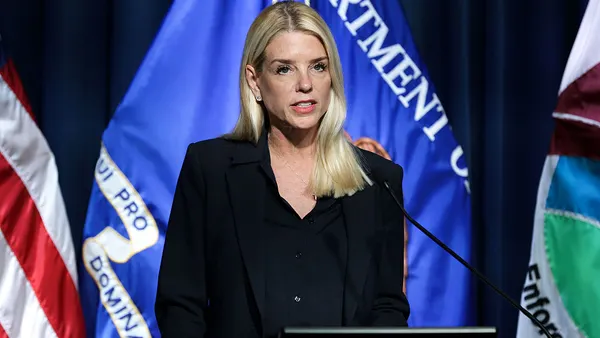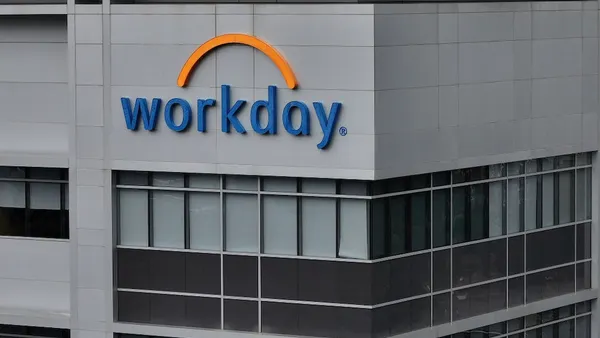Dive Brief:
- According to the Department of Homeland Security, 75% of businesses do not factor in human behavior in disaster planning -- and 61% of small businesses do not have a plan at all, reports BenefitsPro.
- Experts make two things clear, says BenefitsPro: All businesses need a continuity plan, and HR must be involved from the ground floor.
- Unfortunately, change is coming slowly to disaster preparedness. Awareness tends to only spike on certain anneversaries, like 9/11 or Hurricane Katrina, reports BenefitsPro.
Dive Insight:
When disaster strikes, your plan needs to put people first.
“Very few business continuity plans focus on human resources, but when there is a fire in the building, HR will get the call,” Ralph Petti, president of Continuity Dynamics Inc, told Benefits Pro. “The human resources business function plays a key role is developing and supporting all emergency plans, as well as the overall capability of the organization to respond and recover.”
If something goes wrong, reduced productivity from employees can cost businesses upwards of $250 billion a year.
HR has specific roles they can play to ensure all things go well, however. HR must immediately respond and set the plan in motion in case anything happens. They must then account for all employees, focus on employee well-being, and be an emergency contact point for employee families. HR will also most likely be responsible for contacting supply-chain partners and providing counseling, providing for injured employees and, worst comes to worst, providing for the families of deceased workers, says BenefitsPro.












